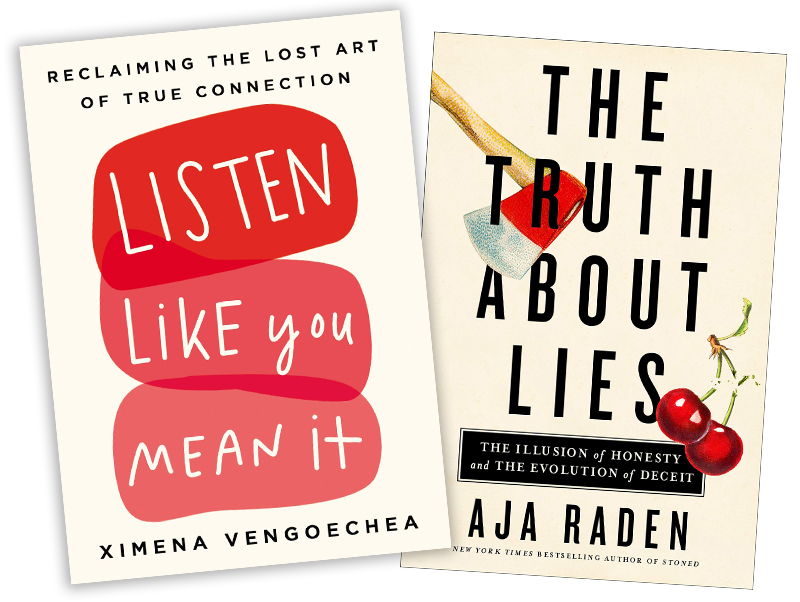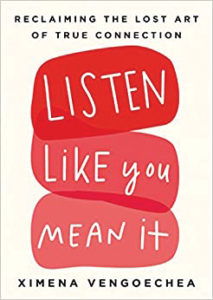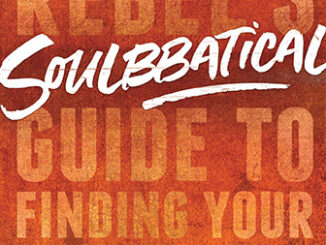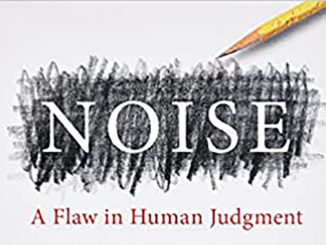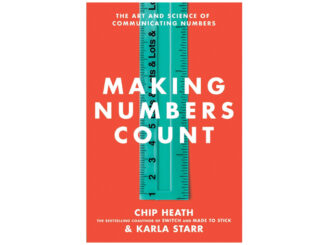Reviewed by Susan Fader, FaderFocus, New York Metro, New York, susanfader@faderfocus.com
Any qualitative researcher worth her chops prides herself on her listening skills, and her ability to ferret out the “truth.” Yet in everyday life, all of us (including “expert” listeners) are constantly falling into autopilot surface listening, aka “default listening,” which is catching just enough of the conversation to be able to give a minimal response.
Luckily, like many other skills, listening can be improved. In her engaging book, Listen Like You Mean It: Reclaiming the Lost Art of True Connection, Ximena Vengoechea shares many strategies that can up your listening skills. Vengoechea honed her art as a UX researcher at Pinterest, LinkedIn, and Twitter and shares multiple diverse “listening” examples from when she worked at those companies. I loved her writing style and her use of cute illustrations that are dotted throughout the book.
Vengoechea believes that enhancing your listening skills can lead to many benefits, including creating more meaningful and powerful connections with people. “When we go deeper, we can get to empathetic listening, when we’re tapping into the subtext, the meaning and even beneath that, the emotion coming up for the other person. That emotional spot is where human-to-human connection occurs, shifting the conversation from transactional to meaningful.”
To help the reader become a better listener, Vengoechea takes an original approach in identifying what she believes are ten common default listening modes; based on the person’s style, she then provides specific guidance on how you can adapt your specific listening mode to become a better listener. Her thesis is if you better understand how you usually listen, you can adapt your listening mode to meet the moment and listen in a way that is most helpful to the other person.
While some of her suggestions—such as avoiding biased leading question structures where you start questions with “do”, “is”, or “are”—are not new to any seasoned researcher, there are others that probably provide a new perspective on how and how not to listen. The author also provides a variety of helpful examples of how “energy audits” help you stay present during the times you need to fully stay in engaged listening mode.
A component of listening is determining whether the speaker is being “honest” with you, i.e., are they lying or not. We all have been lied to and have had the experience of being shocked when we found out that it was an untruth. Heck, we have all successfully lied. So, why are lies successful? Why are there so many situations where we want to believe the lie, even when we have a sense that what we are hearing may not be true? How can we do a better job of weeding out lies?
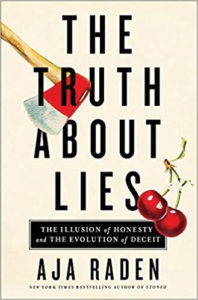
Aja Raden, an historian, and the author of The Truth about Lies: The Illusion of Honesty and the Evolution of Deceit, takes the reader through a vivid overview of historical cons, forgeries, and hoaxes and analyzes why they were believed. While some may be familiar, many may not, and that is what makes the book so effective, because you don’t always know until she wraps up a particular story whether that example is a con or a truth.
Raden also delves into the psychology of why people “need” to believe these untruths. One of the most common, and not surprising reasons is that, in many situations—especially those “that are too good to be true”—people want badly to believe what they are hearing, so they only selectively listen to the positives and ignore any warning signs. Another reason is cognitive exhaustion, where people are so overwhelmed with information that they lose the ability to process and evaluate, so they stop even trying and just accept whatever claim is being made. Still another involves the history of the bathtub and the contagious nature of made-up “facts.”
These books will up your listening game and lie detector ability.

